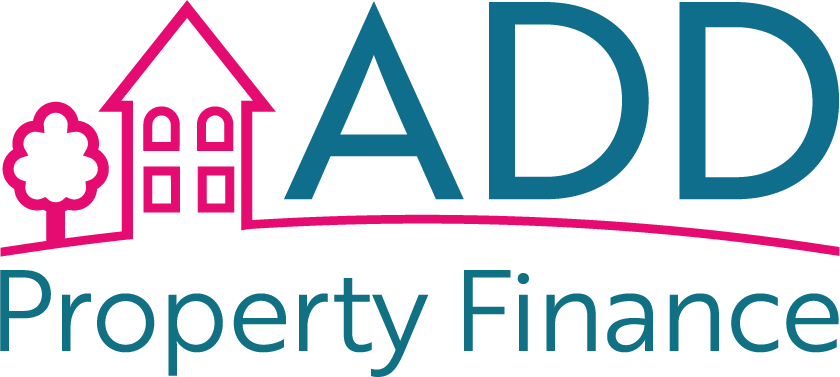The gig economy has transformed the way people work, with an increasing number of individuals opting for freelance careers. While the freedom and flexibility of freelancing are appealing, it can present unique challenges when it comes to securing a mortgage. In this article, we’ll provide valuable tips for freelancers to navigate the mortgage application process successfully and achieve homeownership goals.
1. Build a Solid Financial History
Establishing a strong financial track record is crucial for freelancers. Lenders want to see a history of stable income and responsible financial management. Here’s how:
- Maintain Separate Accounts: Keep personal and business finances separate to provide clarity for lenders.
- Keep Detailed Records: Maintain accurate records of income, expenses, and tax returns, as lenders may request these documents.
2. Improve Your Credit Score
A healthy credit score enhances your mortgage eligibility. To improve your creditworthiness:
- Check Your Credit Report: Regularly review your credit report to identify and address any errors.
- Pay Bills on Time: Timely payments of bills and debts are essential for a strong credit history.
3. Save for a Larger Deposit
Freelancers may benefit from saving a larger deposit. A substantial deposit can reduce the risk perceived by lenders and potentially secure more favorable terms.
4. Demonstrate Consistency
Lenders look for consistent income. Demonstrating a steady stream of freelance work or contracts can strengthen your application. If your income fluctuates, prepare to explain these fluctuations.
5. Work with a Mortgage Adviser
Consider enlisting the expertise of a mortgage adviser who specializes in freelance and self-employed applications. They can guide you through the process, provide tailored advice, and connect you with lenders who understand freelance income structures.
6. Create a Solid Business Plan
A well-documented business plan can boost your mortgage application. It should include:
- Financial Projections: Highlight your expected freelance income and any future contracts or projects.
- Contingency Plans: Address how you’ll manage financial challenges or income gaps.
7. Reduce Debt
Lowering your existing debts can improve your affordability for a mortgage. Prioritize paying off high-interest debts before applying for a mortgage.
8. Be Prepared for Scrutiny
Lenders may scrutinize your finances more closely as a freelancer. Be ready to provide detailed financial documentation, including bank statements, tax returns, and proof of income.
9. Plan for the Long Term
Think about your long-term financial goals and how homeownership fits into your freelance career. Consider factors like the stability of your income and your ability to manage mortgage repayments.
10. Build a Cash Reserve
Having a financial safety net can offer peace of mind during income fluctuations. Aim to build an emergency fund to cover essential expenses for several months.
Conclusion
Freelancers can successfully secure mortgages by taking a proactive approach to their finances and understanding the unique challenges they may face. By building a strong financial history, maintaining a good credit score, and working with experts in the field, freelancers can achieve their homeownership dreams while thriving in the gig economy. Remember that perseverance and careful financial planning can open the doors to homeownership, even in the freelance world.







